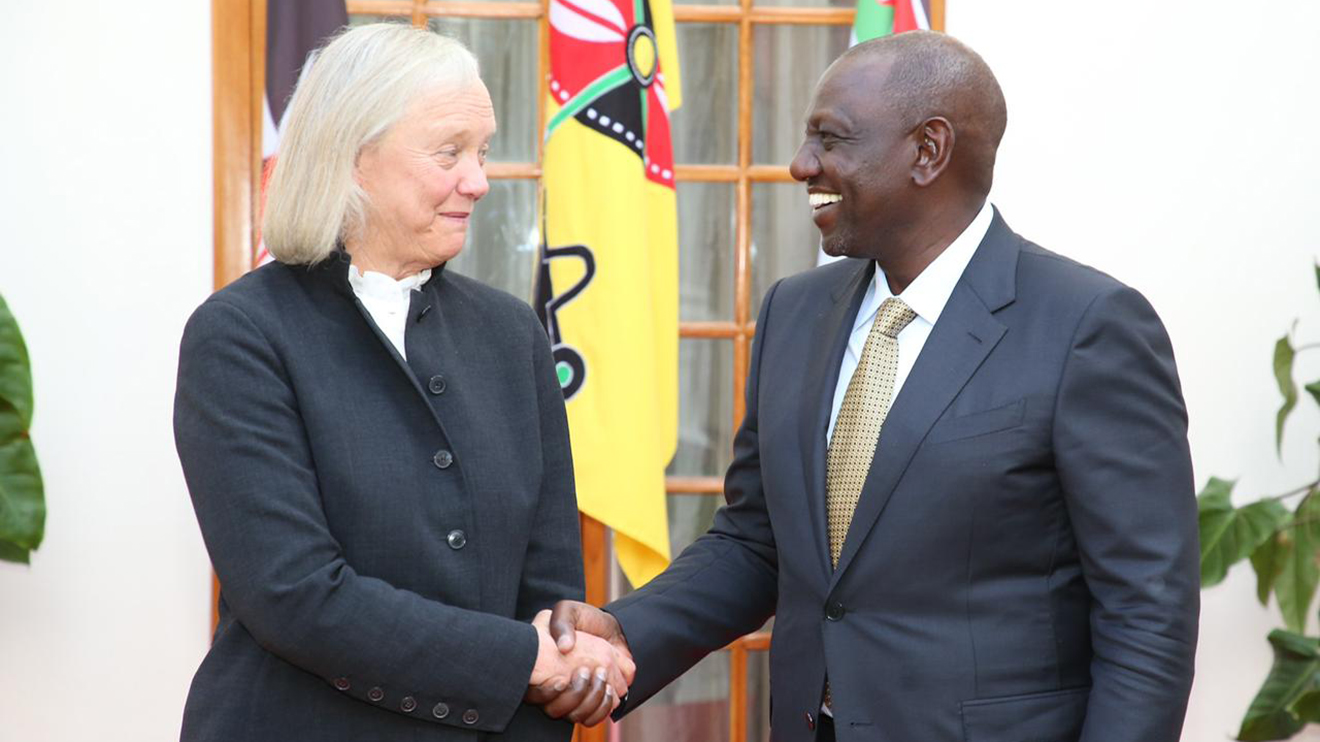The fate of the Sh9.5 billion Edu-Afya Medical Scheme hangs in the balance as the newly enacted Social Health Insurance Act, 2023, dismantles the National Health Insurance Fund (NHIF).
The revelation, made during a hearing before the National Assembly's Petitions Committee, has raised concerns about the continuity and effectiveness of the comprehensive medical coverage provided to public secondary school students.
Elijah Wachira, the CEO of NHIF, confirmed during the committee hearing that all service provider contracts under EduAfya would be terminated by the close of this year.
"NHIF will terminate all contracts it had with the Ministry of Education by the end of the year," stated Wachira.
This termination follows the repeal of NHIF by the Social Health Insurance Act, 2023.
Read More
The Social Health Insurance Act, 2023, replaced NHIF with three new funds: the Primary Healthcare Fund, Social Health Insurance Fund, and Chronic Illness and Emergency Fund.
Notably, Edu-Afya is not integrated into these new funds, leaving its future uncertain.
Initially contracted by the Ministry of Education, NHIF provided a unique and comprehensive medical insurance cover for public secondary school students since May 2018.
The cover extended to all children in public secondary schools across Kenya.
In February, Joyce Cherono petitioned the National Assembly, expressing concerns about the inadequate implementation of the Edu-Afya Medical Scheme in public secondary schools.
Speaker Moses Wetang’ula communicated Cherono's fears, emphasizing the need for urgent intervention to optimize the program and prevent potential losses of anticipated benefits.
Cherono urged the House to review the scheme's framework to ensure equitable benefits for all public secondary students.
Additionally, she called for the establishment of clinics within public secondary schools and the employment and deployment of qualified medical personnel.
The citizen's plea prompted parliamentary deliberations on the future of Edu-Afya.
NHIF had received substantial financial support from the government under the EduAfya program, amounting to Sh9.5 billion between 2019 and 2022.
This financial backing aimed to provide affordable healthcare and support the ambitious Big Four Agenda.
The Edu-Afya Medical Scheme included a range of services such as outpatient and inpatient services, day surgical services, local road ambulance, and emergency air rescue services.
The unfolding developments cast a shadow over the future of the Edu-Afya Medical Scheme, leaving students and stakeholders in suspense about the continuity and quality of healthcare coverage.
As parliamentary discussions intensify, the fate of this critical healthcare initiative remains uncertain, prompting questions about the potential ramifications for the three million students it aimed to serve and the broader healthcare landscape in Kenya.


-1731665904.jpg)


-1731583283.jpg)
-1731566290.jpg)


-1731675695.jpg)
